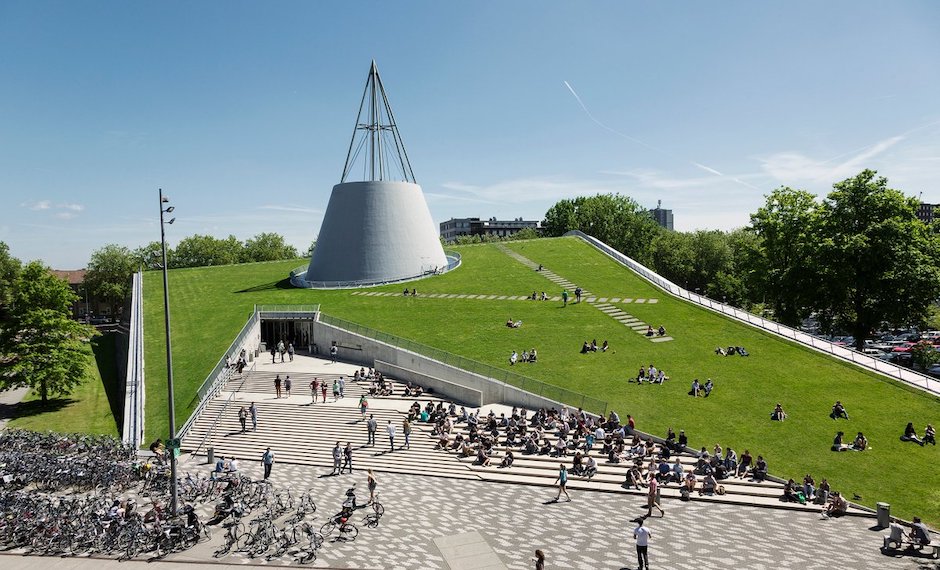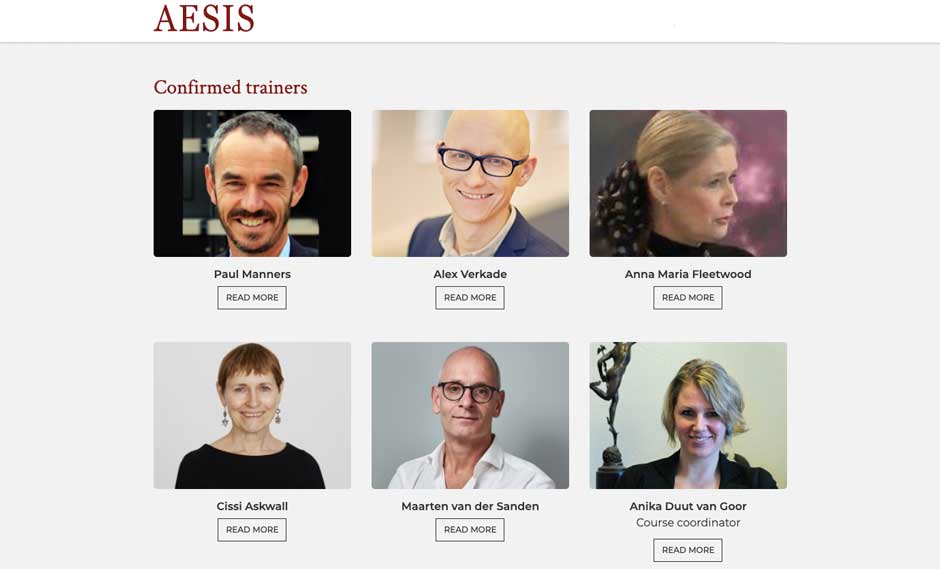Effective communication of Science to foster Societal Impact
One of the new challenges for Science communicators is to contribute to the societal impact of scientific Research. In order to generate more effective impact, it is important to consider how science is communicated, how it is perceived, whether the right research reaches the relevant audience, if the message is understood and whether it is trusted.

This online course will help you to understand how science communication can be performed in such a way that it will reach users of scientific research in society, next to the general public.
Society can benefit from innovative and well-substantiated methods for mission-oriented communication of science, covering a number of impact-pathways: through government (evidence informed policy making), through business (science marketing) or through media (science broadcasting), to name a few. With all these possible pathways and target groups, it is of utmost importance to learn and understand how to communicate scientific knowledge to non-scientific audiences in a way that is meaningful to them. It is also of great significance that research is translated and not misinterpreted by users, the latter often taking place when certain data or knowledge is perceived to support the goals of one organisation or party.
This course will d focus on the developments that go with OPEN SCIENCE, such as new positions and professions, librarians taking up new roles, impact professionals exploring dissemination strategies and university communicators trying to reach new societal goals.
One of the increasingly developing approaches in the past few years is public engagement, with the goal of connecting the broader public with science through reciprocal approaches and using new communication methods often provided by social media. Especially with the growing “Open Science” movement, multiple additional roads are paved to sustain the transfer of scientific knowledge to society. This course will d focus on the developments that go with it, such as new positions and professions, librarians taking up new roles, impact professionals exploring dissemination strategies and university communicators trying to reach new societal goals.
Although the relevance seems undisputable, communicating the outcome of scientific research to society is not per definition part of a routine of academic researchers. It usually lacks a programme and structure. Therefore AESIS brings together professionals and stakeholders in the field of impact and science communication, in order to support the development of the new goals, professions and tasks in the interface between science and society.
For five half days knowledge from experts will be shared and interactive discussions will take place on topics such as
- How can knowledge exchange benefit from better communication strategies
- Pitfalls and challenges relating to how open science contributes to innovation and societal impact
- The role of intermediaries and social media
- How to combine marketing capabilities and communication strategies
- How to connect stakeholders and remain impartial and trustworthy

VAs Secretary General Cissi Askwall is one of the Trainers in this online course organised by the AESIS Network.
